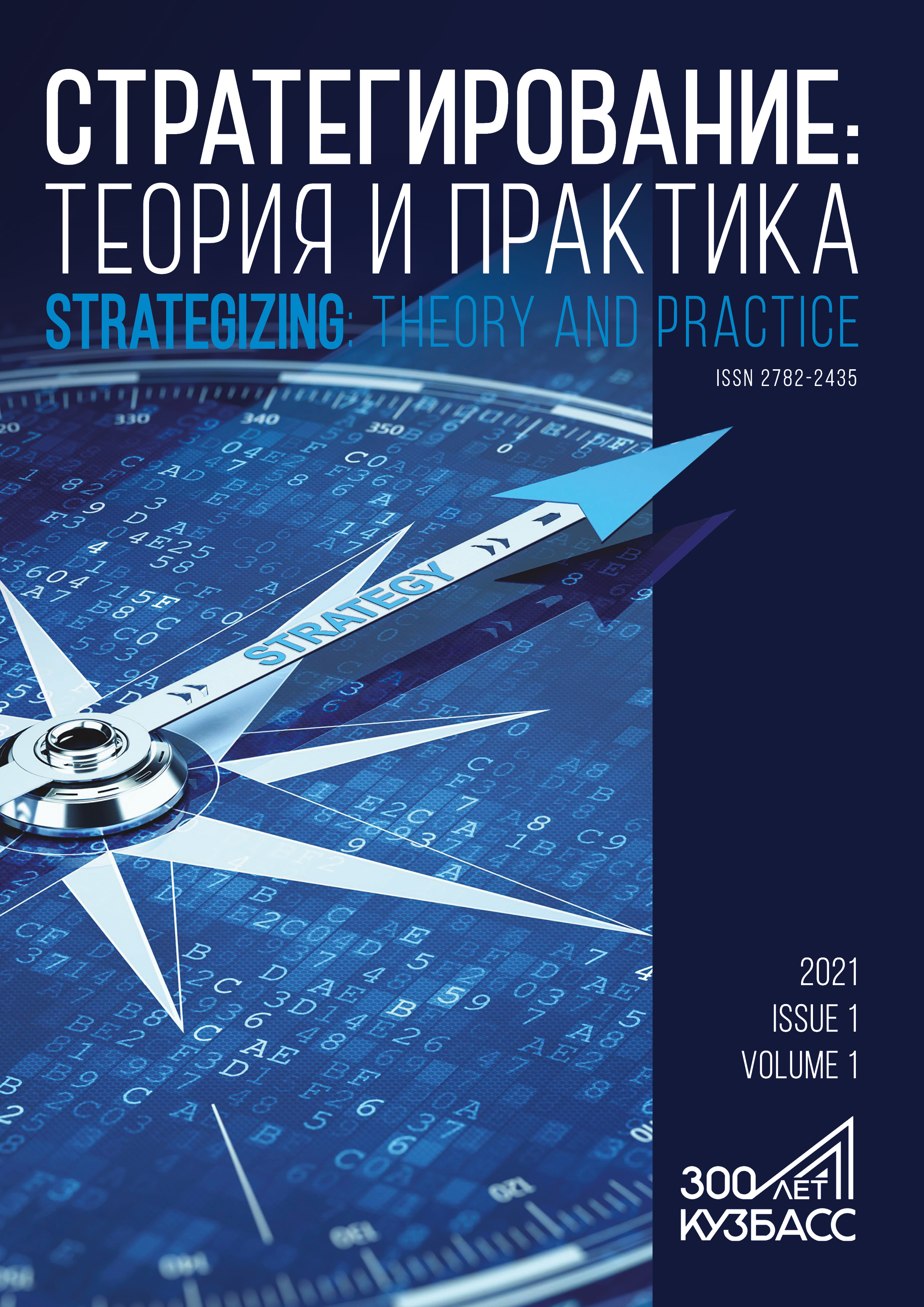Moscow, Russian Federation
Moscow, Moscow, Russian Federation
The article examines the issues of strategic approaches to the construction of energy efficient buildings in the context of green building. International and Russian environmental standards are considered as a tool to improve the efficiency of green building. The purpose of the study is to identify the features of the current state of energy efficiency of buildings in Russia and to identify strategic development trends. Objectives – to study the regulatory framework that stimulates the strategic development of green building and energy efficiency; review of applied energy efficient technologies; review of national environmental standards.
green building, energy efficiency, resource saving, energy efficiency class, environmental certification of buildings
1. Babkin AV, Kurcheeva GI, Aprelova LA. Green building problems in the context of the healthy city concept implementation. π-Economy. 2022;15(2):59-78. (In Russ.) https://doi.org/https://doi.org/10.18721/JE.15204
2. Benuzh AA, Kolchigin MA. Analysis of the concept of “green” construction as a vehicle to ensure the environmental safety of construction activities. Vestnik MGSU. 2012;12:161-165. (In Russ.)
3. Bliznyuk OV. Vnedreniye «zelenykh» standartov stroitelstva v tselyakh realizatsii natsionalnykh interesov [Implementation of "green" construction standards in order to realize national interests]. Construction Economy. 2012;2:29-36. (In Russ.)
4. Girya MA, Girya LV. Prospects for applying green standards and technologies in housing construction. Engineering Journal of Don. 2018;3:137. (In Russ.)
5. Dergunova AV, Piksaykina AA, Adylkhodjaev AI. Economic advantages of energy-efficient technologies with the use of local raw materials in green construction. Expert: theory and practice. 2023;1:73-79. (In Russ.). https://doi.org/10.51608/26867818_2023_1_73
6. Zherebtsova OV. Economic aspects of increasing energy performance in construction. Journal of Legal and Economic Studies. 2021;1:120-124. (In Russ.) https://doi.org/10.26163/GIEF.2021.41.96.022
7. Kvint VL, Novikova IV, Alimuradov MK. Alignment of global and national interest with regional strategic priorities. Economics and Management. 2020;27(11):900-909. (In Russ.) https://doi.org/10.35854/1998-1627-2021-11-900-909
8. Kornienko SV. Energy efficiency, ecological safety, economic effectiveness - priority tasks of “green” construction. Vestnik Volgogradskogo Gosudarstvennogo Arhitekturno-Stroitelnogo Universiteta. Seriya: Stroitelstvo i Arhitektura. 2017;49(68):167-177. (In Russ.)
9. Lapina OA, Lapina AP. Energy-Efficient Technologies. Engineering Journal of Don. 2015;34(1-2):32. (In Russ.)
10. Lapina OA, Lapina AP. Energy-efficient constructive systems. Engineering Journal of Don. 2015;34(1-2):33. (In Russ.)
11. Methods for improving the energy efficiency class reconstruction of residential buildings from the standpoint of «green building». NV Kolosova [et al.]. Engineering systems and constructions. 2012;3:105-114. (In Russ.)
12. Nazirov RA, Andyuseva AG, Filonenko MD. Analysis of Russian environmental certifi cation systems development. Stroitel’stvo: nauka i obrazovanie [Construction: Science and Education]. 2021;11(4):5. (In Russ.) https://doi.org/10.22227/2305-5502.2021.4.5
13. Safronov NS, Mozhayev EE. Nalogovyye lgoty dlya energoeffektivnykh obyektov [Tax incentives for energy efficient facilities]. Vestnik kadrovoj politiki, agrarnogo obrazovaniâ i innovacij. 2015;7-9:57-62. (In Russ.)
14. Tabunshchikov YuA, Naumov AL, Miller YuV. Kriterii energoeffektivnosti v “zelenom” stroitelstve [Energy efficiency criteria in “green” building]. Energosberezheniye [Energy Saving]. 2012;1:1-9. (In Russ.)
15. Friev AM, Pogodin DA. Research of methods for increasing energy efficiency of residential buildings. The Eurasian Scientific Journal. 2019;11(5):49. (In Russ.)
16. Sheina SG, Fedyaeva PV, Chernikova AA. Application of world experience in the construction of energy-efficient residential complexes in Russia. Engineering Journal of Don. 2022;5:549-559. (In Russ.)
17. A comprehensive review on green buildings research: bibliometric analysis during 1998-2018 / Y Li [et al.]. Environmental Science and Pollution Research. 2021;28:46196-46214. https://doi.org/10.1007/s11356-021-12739-7
18. Doğan M. Ecological ideals, sustainable tourism and the heritage concept of an eco-village: the case of Arcosanti, USA. Journal of Heritage Tourism. 2019;14(4):371-381. https://doi.org/10.1080/1743873X.2018.1563607
19. Green building as a tool of energy saving. AM Gladkih [et al.]. IOP Conference Series: Earth and Environmental Science. 2019;350(1):012032. https://doi.org/10.1088/1755-1315/350/1/012032
20. Shi Y, Liu X. Research on the literature of green building based on the Web of Science: A scientometric analysis in CiteSpace (2002-2018). Sustainability. 2019;11(13):3716. https://doi.org/10.3390/su11133716






